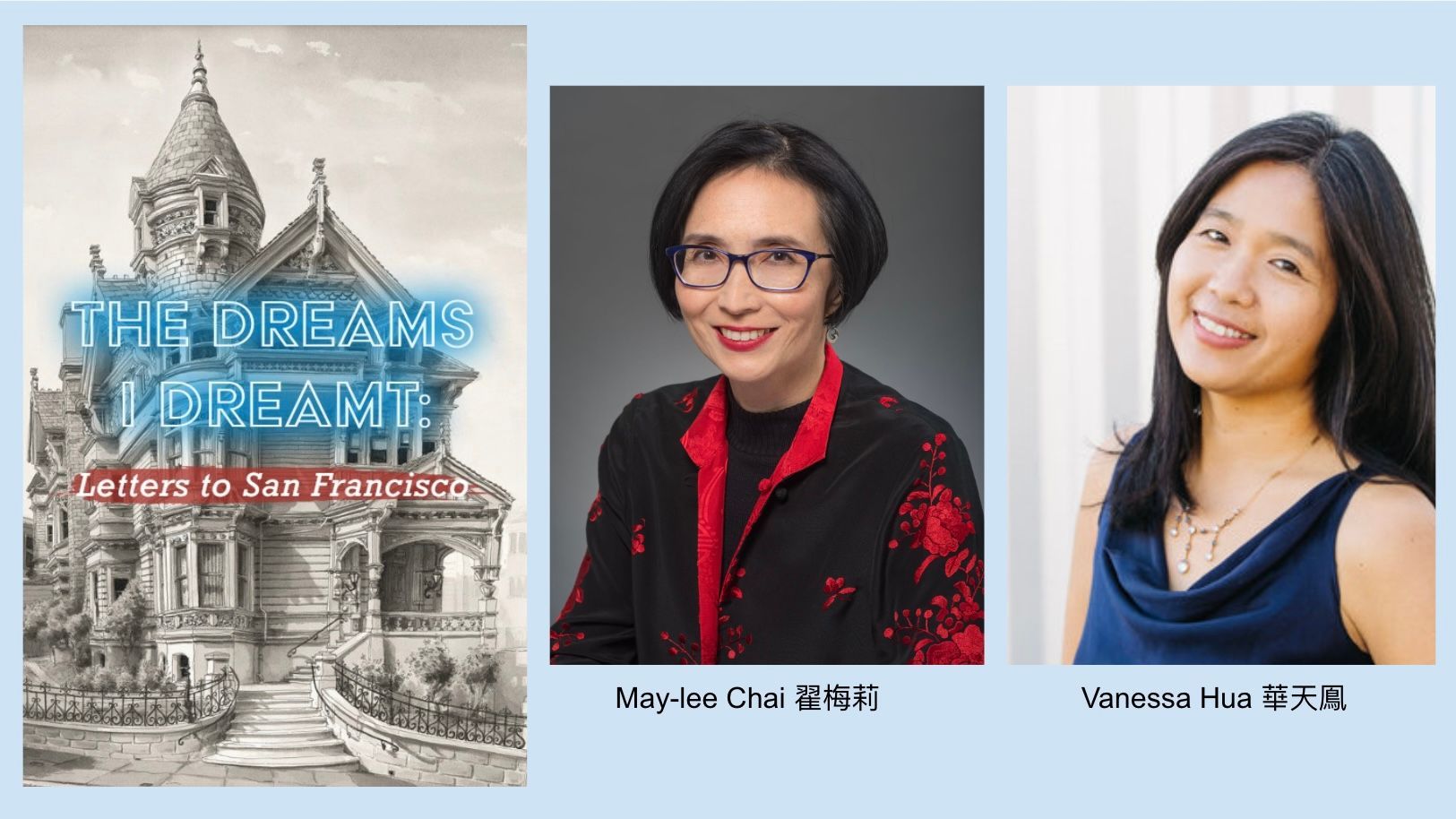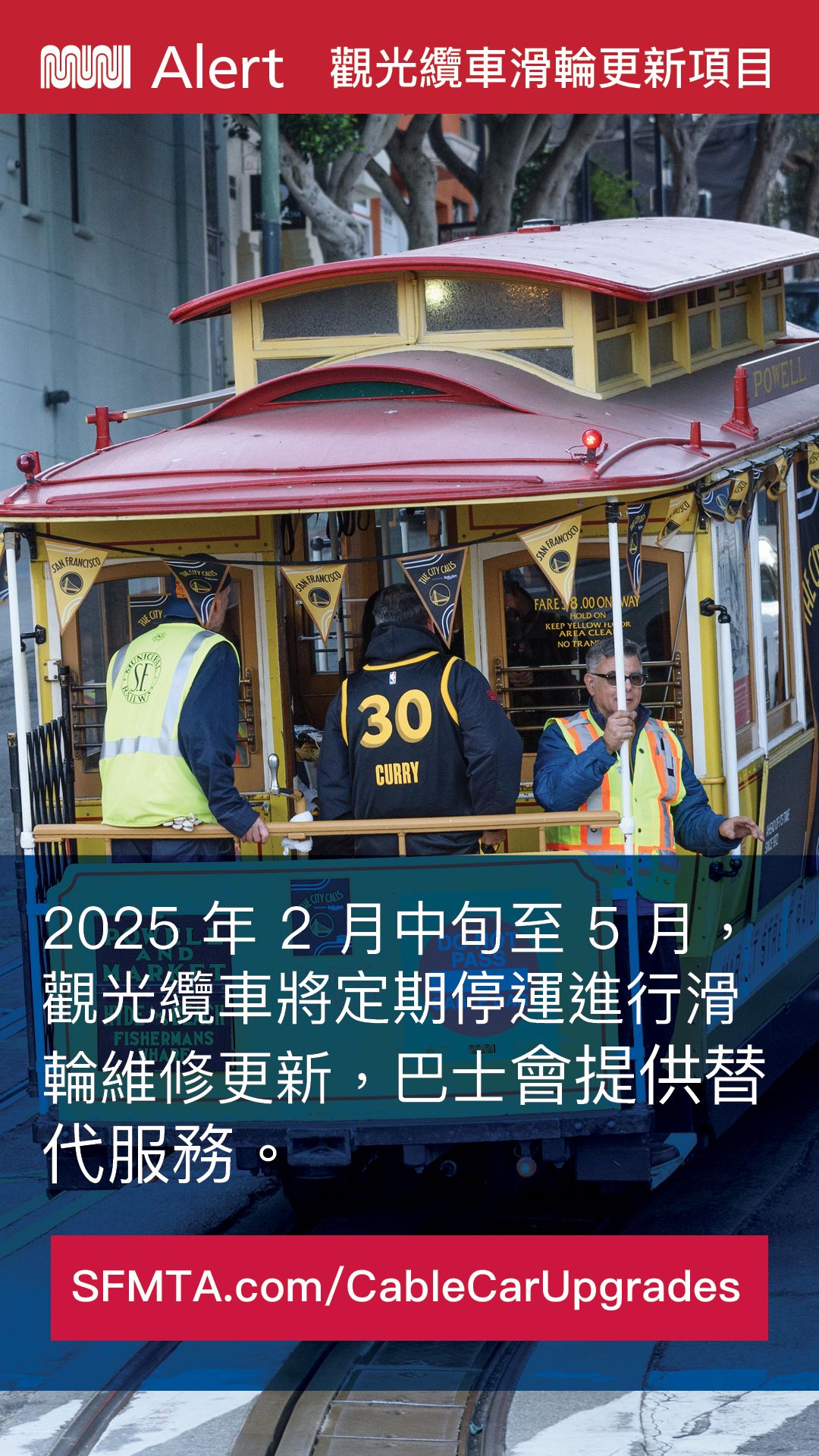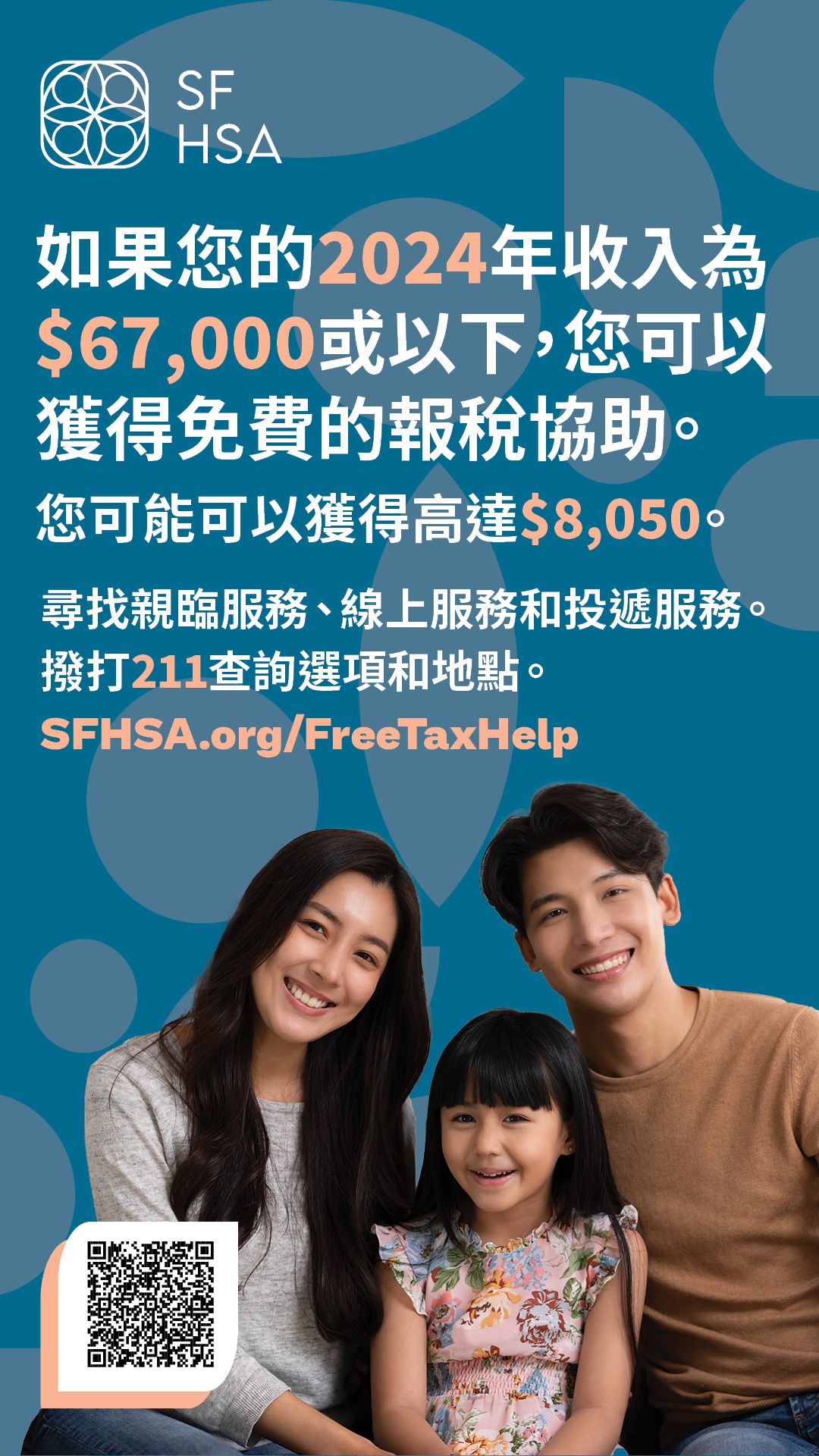A free new literary magazine with essays from 19 authors countering the doom loop narrative is released in San Francisco


(SAN FRANCISCO) In countering San Francisco's doom loop narrative, a free new literary magazine is officially released on July 28, Sunday, in Chinatown. 19 authors and poets including two Chinese American authors contributed their essays to tell their stories of falling in love with San Francisco.
The 84-page magazine, The Dreams I Dreamt: Letters to San Francisco, is also a book composed of essays and poems from 19 authors. It is free for all readers who can pick up the books at 50 bookstores, cafes, coffee shops, and art spaces all over San Francisco.
"Doom loop" has become a narrative for San Francisco in the eyes of the global communities in recent years due to its empty downtown and Union Square, auto burglaries, retail thefts and robberies, high crime rate, open drug market on streets, homelessness, and dirty streets. The scenario has led to businesses closing, tax shortfalls, budget cuts, and people leaving the city.
Stuart Schuffman, founder of the Broke-Ass Stuart website (BrokeAssStuart.com) and a renowned travel writer, decided to put out a book like a literary magazine for a group of authors and poets including himself to write about their own positive stories in San Francisco to counter the doom loop narrative.
The book was made possible by a grant from the Civic Joy Fund. "I’m so proud to be able to have the Civic Joy Fund sponsor this amazing piece of literary joy. The world needs to know how and why we love San Francisco especially now," said Manny Yekutiel, co-founder of Civic Joy Fund.
"The publication is a celebration of San Francisco and acts to counter the stupid 'Doom Loop' narrative. It's a gift to the people of San Francisco. And after months of working on this project it's now available and it's free!" said Schuffman when he announced details of the release party which will take place on July 28 from 2pm to 4pm on a Sunday afternoon at Kerouac Alley between Grant and Columbus Avenues in San Francisco Chinatown, next to the City Light Books.
"We picked the location because it's so deeply connected to the wonderful literary tradition we have in San Francisco. City Lights Books is the epicenter of that tradition, and Vesuvio is where so many great SF writers have gone to drink. The alley in between them is the perfect place to celebrate," said Schuffman.
"The lineup of authors and poets in this publication is really quite incredible. They include the Poet Laureate of San Francisco, a Pulitzer Prize winner, the co-founder of Litquake, and winners of the National Book Critic Circle Award, the American Book Award, the Lambda Literary Award, and so many other awesome accolades," said Schuffman.
"Every single one of them is a star in their own right," Schuffman said.
Among 19 authors and poets, two of them are prominent Chinese American authors, May-lee Chai and Vanessa Hua. Both Chai and Hua are former news reporters becoming authors.
Chai was a reporter for the Associated Press where she covered stories ranging from the aftermath of the Tiananmen Square crackdown to the crash of UA Flight 232 in Sioux City, Iowa, to Southeast Asian gang networks from Texas to Colorado, and to Pope John Paul II's visit to Denver.
In addition to 11 books that she authored, Chai has been teaching at the Department of Creative Writing in San Francisco State University since 1999, a Research Associate at the Institute of East Asian Studies at UC Berkeley and has taught at many universities including Amherst College, University of Wyoming, and the University of North Carolina Wilmington.
"I was happy to contribute an essay to this literary magazine in order to contradict the false narrative that right-wing media are spreading that San Francisco is in a 'doom loop'," said Chai. "I want to show why I still love San Francisco. San Francisco is resilient, and we can band together to protect our home here and our communities."
Chai was born in Southern California, but has lived in 15 states in the U.S. and four countries prior to making San Francisco as her home. In the essay titled "Home at Last", Chai wrote about her own story of moving around the states in the country.
"I have been yearning for a place that felt like home since I was a child. By ‘home’ I mean a place where I feel safe. Where I feel comfortable in my own skin. Where I feel like I belong or could belong or want to belong," Chai wrote she moved to New Jersey when she was six because of her father's job. At age 12, she moved to South Dakota.
"In South Dakota the white community did not like our mixed-race family. They’d never seen a Chinese man married to a white woman before. People would stop their cars in the street to turn and stare at my parents, my brother and me walking down the sidewalk of that very, very small town," Chai wrote.
"Later, white men drove by and shot at our house. Over the years five of our dogs were shot dead and left for my brother and me to find at the end of the driveway as we got off the school bus. White men and women and their children used racial slurs to our faces, in parking lots, in the grocery store, in school, outside of school," Chai further stated.
"I moved around the U.S., too, ultimately living in fifteen states. I worked in different regions, as a reporter, and then as a grad student and a teacher, moving for each job or each new school. The microaggressions piled up. The feeling of being an eternal outsider grew," Chai stated.
"But then a fellowship to UC Berkeley brought me to the Bay Area, and that’s when I realized San Francisco was the home I’d been searching for," Chai said she was in the fellowship program at UC Berkeley in 1996-1997 and a visiting lecturer at San Francisco State University in 1999. Later in 2017, she was hired as a faculty member.
"...there has been a growing list of other reasons why I feel at home in San Francisco. For example, the food. Fresh daan tats at AA Bakery. Or the mooncakes at Eastern," Chai wrote. "But all the cultural and culinary riches do not come out of thin air. They are the result of generations of communities coming together to build this city."
"Home is where we can build community and we can work together to strengthen our safety nets and sustain our values. San Francisco is where I have found my communities," Chai said.
Vanessa Hua, who has been an author of three award-winning books, contributed an essay titled “All Aboard” in the literary magazine.
Hua first joined the San Francisco Chronicle as a reporter after graduating from Stanford University and later became a columnist. She covered the Asian community and wrote about Asia and the diaspora for the Chronicle. Hua was born and raised in the San Francisco Bay Area.
In her essay, All Aboard, Hua wrote about her experience visiting San Francisco from her East Bay home with her twin 11-year-old sons by taking public transit, BART and Muni buses.
"Today, our family is along for the ride. First stop: the Embarcadero station. We stroll to the Ferry Building, picking up pastries that we munch on while taking in the view of the sailboats and graceful spires of the Bay Bridge," Hua wrote.
"An even greater attraction lies ahead: the bus-only rapid transit lane on Van Ness Avenue, a $300-million project, twenty-seven years in the making. A bonus: Muni is free for youth ages eighteen and younger," Hua described. "In a city where social and economic stratification has hardened, transit is a chance to commune: alone together."
"We hop off at Max’s Opera Café. No singing waiters this time, but the vibe and pastrami sandwiches are just as I remembered from when I moved to San Francisco at the turn of the new millennium,” Hua wrote. “Back then, I’d landed a technology reporting job in a city that drew the ambitious from around the world to chase their internet fortunes. I was twenty-four-years old, with a new haircut, the shortest I’d ever worn, an above-the-chin style that made me look like a cute Japanese schoolboy.”
“I could become anyone. I dreamed of shining a light onto untold stories and someday writing a book,” Hua recalled the days when she was a reporter. “Someday has since arrived, and I’ve published three books so far, started a family and moved to the East Bay.”
"Some neighborhoods are familiar. Others I haven’t visited in years or are entirely new to me. With each trip, I fall in love with San Francisco— superlative for its beauty, diversity, and promise—all over again," Hua added.
Five authors, Jack Boulware, May-lee Chai, Leticia Hernandez Linares, Baruch Porras Hernandez and Carol Queen, will be reading their essays at the release party in Chinatown.
People may find a map online (BrokeAssStuart.com) with locations to pick up free copies of the literary magazine. The magazine may also be downloaded online for free.
- Do empty yellow loading zones best serve the San Francisco Chinatown community?
- T&T Supermarket, largest Asian grocery chain in Canada, announces to open at San Francisco City Center on Geary Blvd. in winter 2026
- (Breaking news: Charlene Wang wins in the Oakland's special election) Charlene Wang runs for Oakland District 2 Councilmember on April 15, 2025 to represent Oakland Chinatown
- Mayor Lurie announces plans to support small businesses including First Year Free program waiving fees for new businesses
- 12 speed safety camera systems out of 33 begin to operate in San Francisco by first issuing warnings instead of citations for 60 days
- Taipei Economic and Cultural Office extends services with opening of its permanent home in San Francisco
- Zu Shun Lei, 90, publishes his comic books to bring joy and laughter into the community
- Prop K opponents sue to stop permanently closing Upper Great Highway for an oceanfront park






